
With its recent $4 billion cutback to MoveOntario 2020, the provincial government has left Metrolinx’s “Big Move” Regional Transportation Plan and Toronto’s Transit City initiative in jeopardy. Meanwhile, over 400 Ontario municipalities cannot keep up with their road repair backlog – and many cannot provide or expand transit service to their citizens. Could a made-in-Ontario road pricing policy generate dedicated revenues needed to get these plans back on track? Would such a policy give motorists an incentive to actually use the envisioned multi-modal system once it has been built? And level the playing field for those who choose to take transit, walk and bike?
At this point, the answer for Ontario is “perhaps”. While Transport Futures 2008 and 2009 taught us that a range of road pricing systems are being implemented around the world to help reduce congestion, fight climate change and finance sustainable transportation infrastructure, we’ve also learned that political leadership is paramount if road pricing is to be accepted by the public. With this in mind, our Road Pricing and Leadership Summit brought together 10 politicians from across North America* to discuss the critical role they can play in communicating the benefits and costs of tolling.

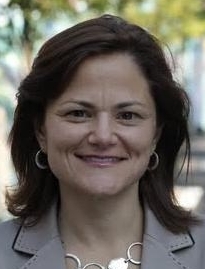








* The Ontario Liberal Party was invited to participate.
Here is a summary of some of the valuable lessons learned by our 100 delegates — and 6 Ontario politicians:
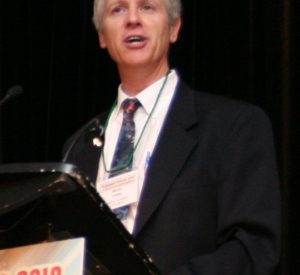
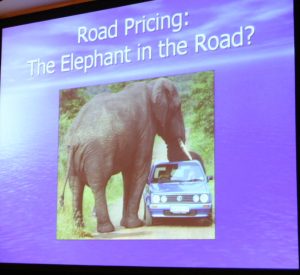
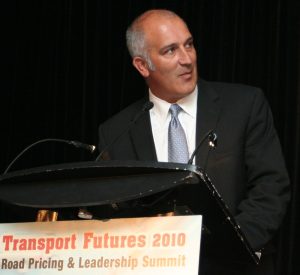
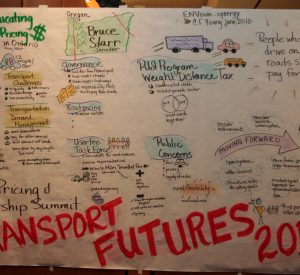
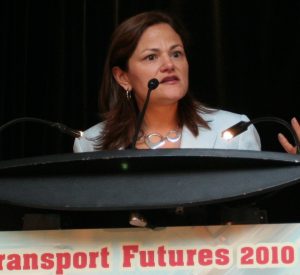
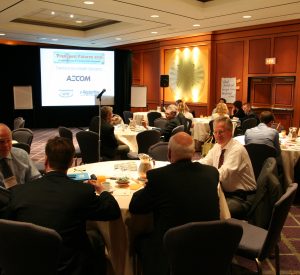
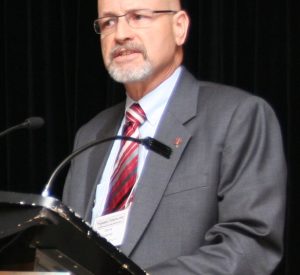
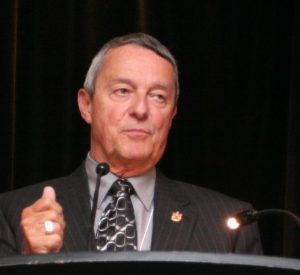

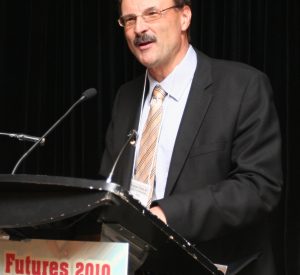
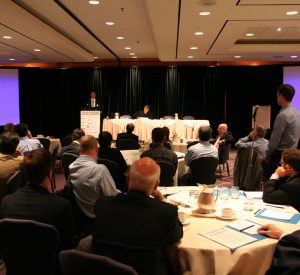
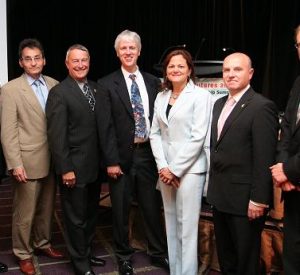
The Road Pricing and Leadership Summit was generously sponsored by:
Transportation Futures
is a project of
Healthy Transport Consulting